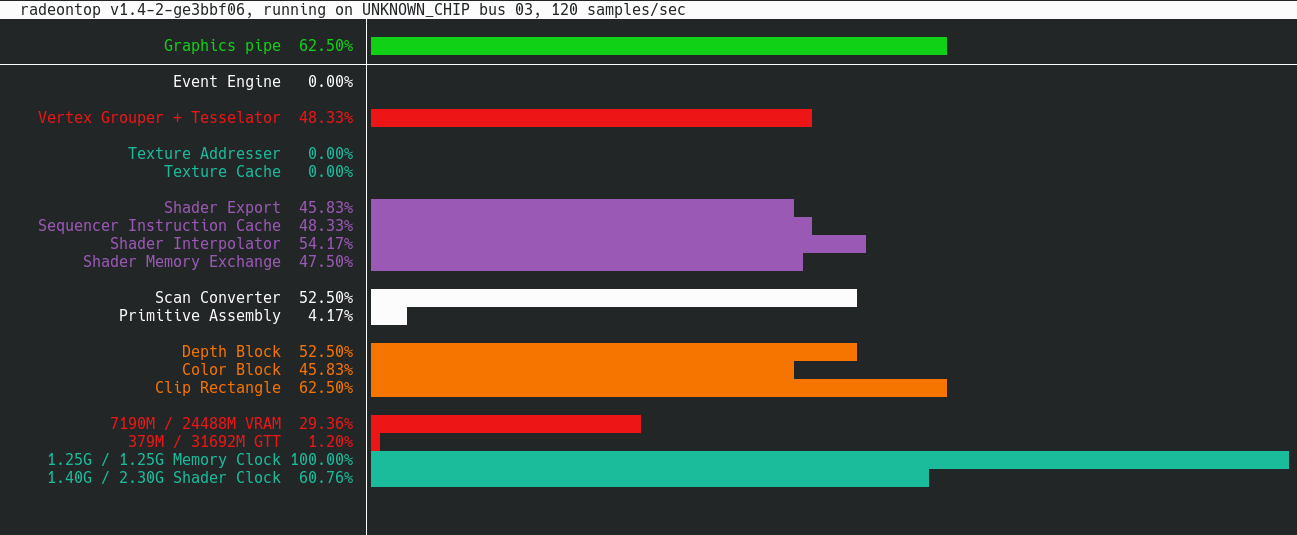While trying to update my Mastodon server to the latest v4.2.0 release, I kept running into build failures when running docker-compose build. I got errors like this in the logs:
#20 27.04 Bundler 2.4.10 is running, but your lockfile was generated with 2.4.13. Installing Bundler 2.4.13 and restarting using that version.
#20 27.21 There was an error installing the locked bundler version (2.4.13), rerun with the `--verbose` flag for more details. Going on using bundler 2.4.10.
#20 27.29 Could not load OpenSSL.
#20 27.29 You must recompile Ruby with OpenSSL support.
It was very confusing since the official CI builds seemed to be working fine. Nevertheless, there were multiple issues opened about this, so it’s something people were running into.

